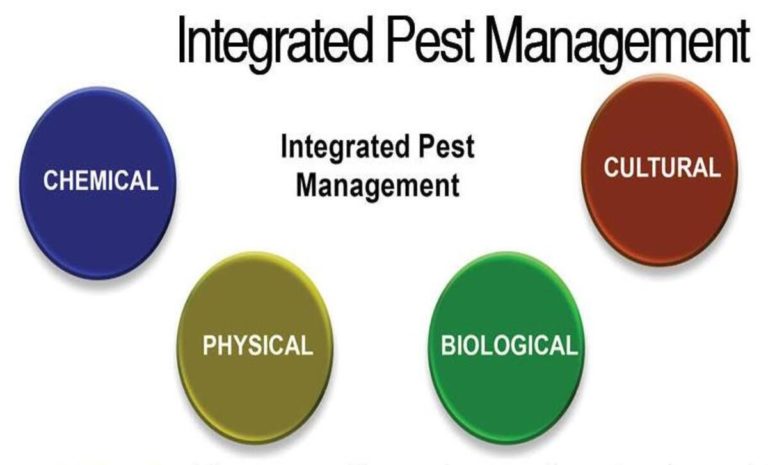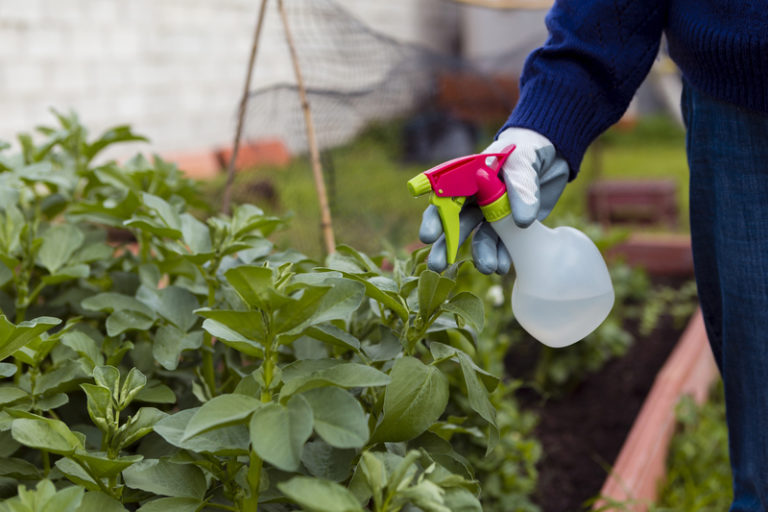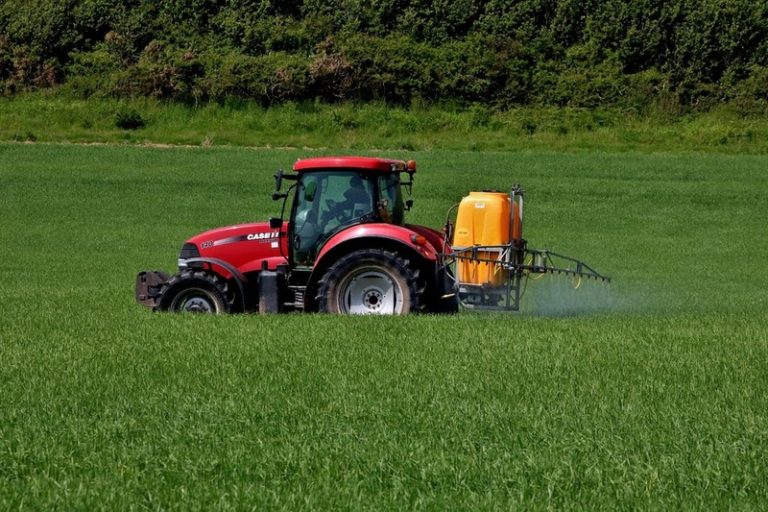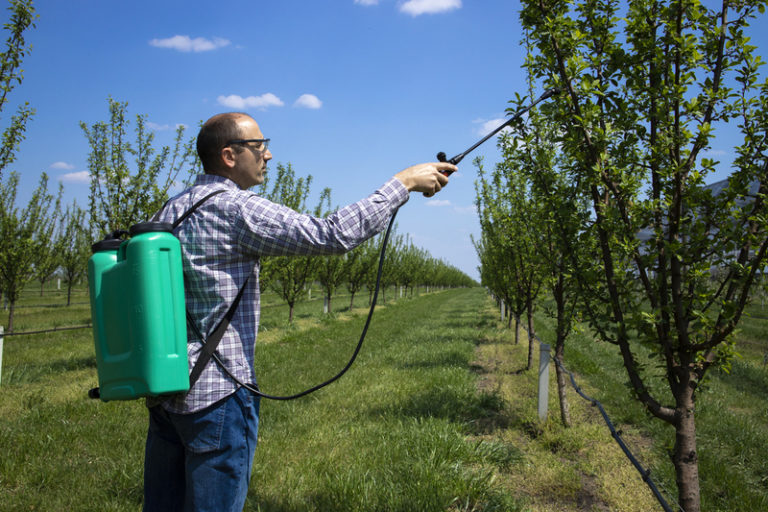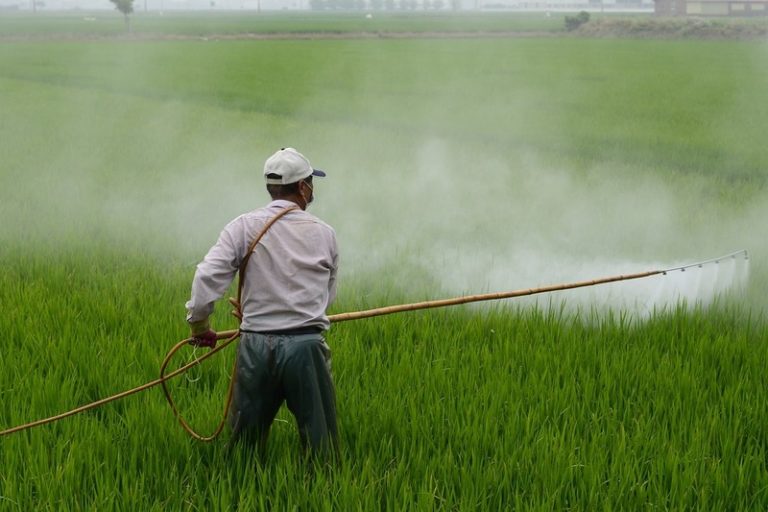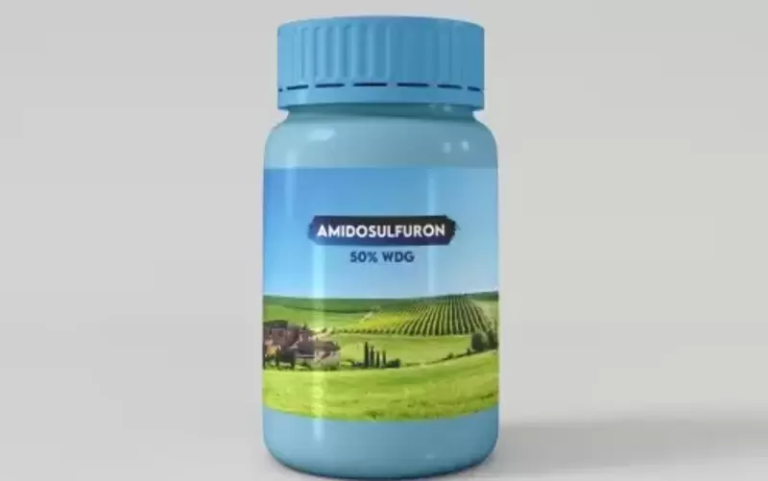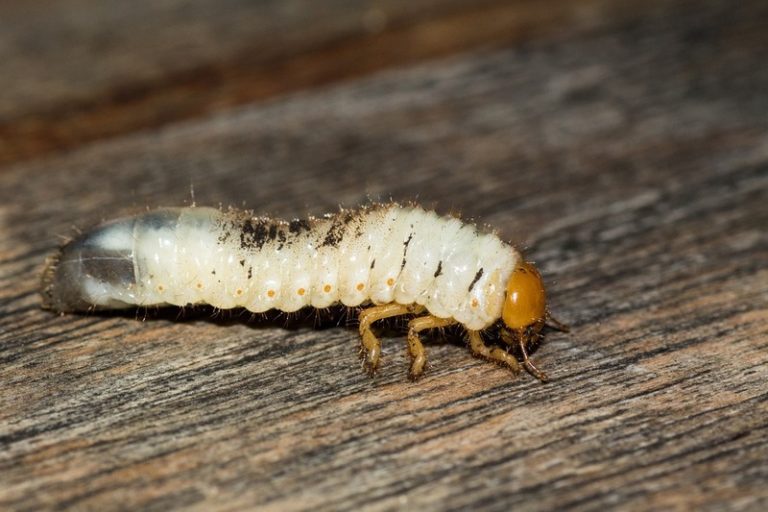Integrated Pest Management (IPM): Nurturing Sustainability in Pest Control
Pests like bugs and rodents can be a real headache. They can mess with our homes, farms, and gardens. That’s where Integrated Pest Management (IPM) comes in handy. It’s like a superhero approach to dealing with pests without harming the environment. What is Integrated Pest Management (IPM)? Integrated Pest Management is a smart way of…

